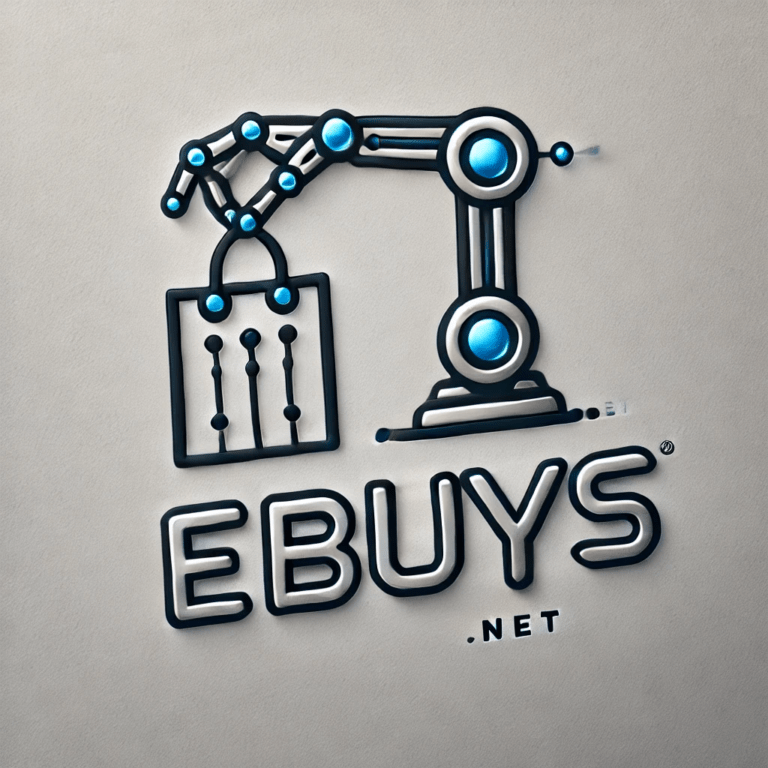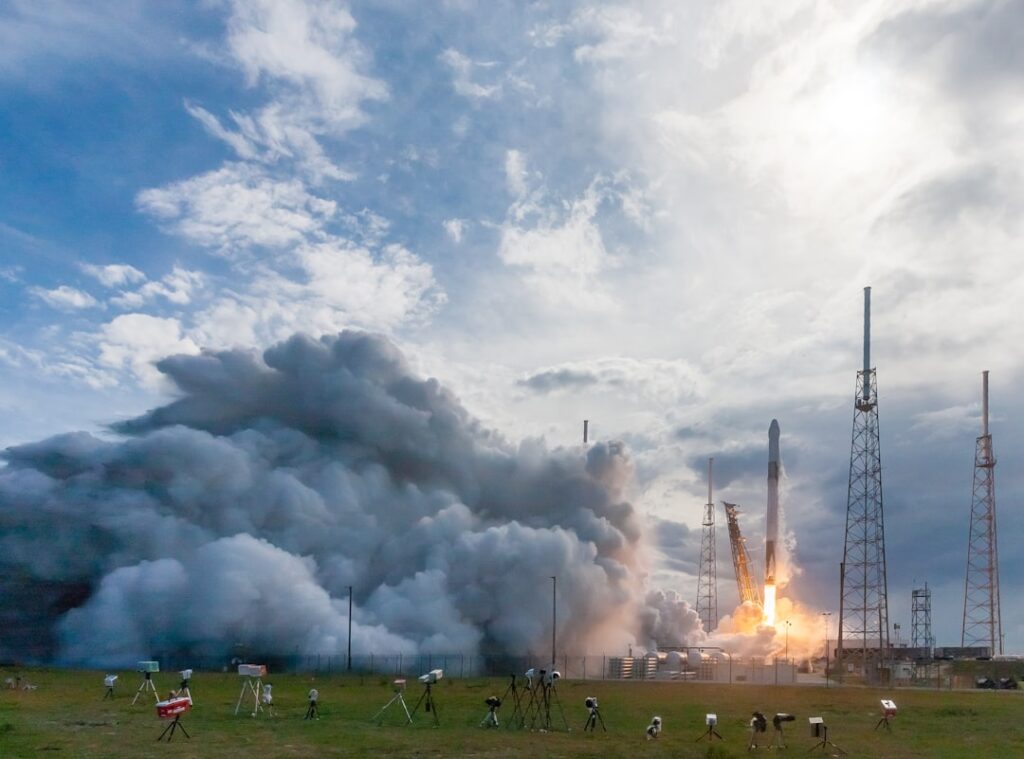Three of the most significant individuals in the technology industry today are Jeff Bezos, Sam Altman, and Elon Musk. They have all had a lasting impact on the state of entrepreneurship & innovation. Musk, the CEO of SpaceX & Tesla, is well known for his bold prediction that humanity will eventually evolve into a multiplanetary species. His endeavors frequently push the limits of technology, especially in the fields of space exploration and electric vehicles. Former Y Combinator president and current OpenAI CEO Sam Altman has been at the forefront of AI research, promoting its potential to revolutionize industries and its responsible application.
Key Takeaways
- Elon Musk, Sam Altman, and Jeff Bezos are influential figures in the tech industry, each with their own approach to AI development and implementation.
- Elon Musk advocates for a cautious approach to AI, emphasizing the potential risks and advocating for regulation and oversight.
- Sam Altman envisions AI as a tool to enhance human capabilities and solve complex problems, with a focus on collaboration and open access to AI technology.
- Jeff Bezos prioritizes AI integration into existing business operations, leveraging machine learning and automation to improve customer experience and drive innovation.
- Common goals and challenges in AI implementation include the need for ethical considerations, addressing bias in AI algorithms, and navigating the impact of AI on industries and society.
By focusing on customer-centric innovation, Jeff Bezos, the founder of Amazon, transformed cloud computing and e-commerce and changed how companies function around the world. In addition to representing various technological fields, these three leaders also have different perspectives on innovation and its social ramifications. While Altman supports AI’s transformative potential when developed responsibly, Musk frequently highlights the existential risks connected to the technology.
Bezos, however, views AI as a tool to improve customer satisfaction and operational effectiveness. Their varied viewpoints add to a larger discussion regarding technology’s future and how it will affect people. Elon Musk’s strategy for AI is distinguished by a balance between prudence and aspiration.
His worries about the possible risks posed by sophisticated AI systems have been openly expressed. Musk is well-known for having co-founded OpenAI in 2015 with the goal of advancing and creating AI that is friendly to all people. According to him, AI has the potential to develop into a potent force that could act against human interests if ethical issues and appropriate oversight are not taken into account. Musk has frequently expressed concern that if AI surpasses human intelligence, it may eventually make decisions that are harmful to society.
Musk actively participates in AI development through his companies in addition to his cautious approach. An excellent illustration of how he incorporates AI into useful applications is Tesla’s Autopilot system. Large volumes of data from Tesla vehicles on the road are processed by machine learning algorithms, which are crucial to the company’s focus on developing self-driving technology. The safety and effectiveness of Tesla vehicles are improved by this data-driven strategy, which also acts as a practical test bed for AI capabilities.
Musk demonstrates a sophisticated awareness of the possible advantages and hazards of artificial intelligence by supporting its regulation while also promoting it. Optimism and faith in AI’s transformative potential are the foundations of Sam Altman’s vision. In his role as CEO of OpenAI, he has played a significant role in promoting AI research and development that can tackle difficult global issues.
According to Altman, AI will be able to enhance human abilities in the future, resulting in innovations in industries like healthcare, education, & environmental sustainability. He contends that in the correct frameworks, artificial intelligence (AI) can be used to address urgent problems like disease control and climate change. Altman also highlights how crucial teamwork is to the advancement of AI. In order to guarantee the responsible & ethical development of AI technologies, he promotes collaborations between governments, academic institutions, and private businesses. His dedication to openness is demonstrated by OpenAI’s efforts to disseminate research results and have public discussions regarding the implications of AI developments.
Altman hopes to demystify AI and promote wider involvement in determining its future by promoting an inclusive conversation about the technology. Amazon’s fundamental business strategy is intricately linked to Jeff Bezos’ approach to artificial intelligence. Amazon has improved customer experiences and streamlined operations throughout its extensive ecosystem by utilizing AI under his direction. Bezos has established artificial intelligence (AI) as a key element of Amazon’s success, from voice-activated shopping through Alexa to personalized product recommendations. His strategy is centered on leveraging machine learning and data analytics to improve supply chain logistics and gain a deeper understanding of customer behavior.
Also, Bezos has made significant investments in cloud computing through Amazon Web Services (AWS), which gives companies access to robust AI infrastructure and tools. This tactic not only reaffirms Amazon’s leadership in the cloud industry but also makes cutting-edge AI technologies more accessible to both startups and large corporations. In addition to encouraging innovation in a variety of industries, Bezos increases Amazon’s clout in the tech industry by empowering other businesses to use AI. Regarding artificial intelligence, Musk, Altman, & Bezos all have similar objectives, despite their different strategies: developing technology for the good of society while tackling innate difficulties.
Making sure that safety and ethics are given top priority when developing AI systems is one of the main objectives. Every leader understands the importance of establishing rules to prevent abuse or unforeseen consequences as AI becomes more ingrained in daily life. But putting these objectives into practice is fraught with difficulties. Technology frequently advances faster than legal frameworks, which causes a governance lag that can give rise to moral quandaries. Data privacy, algorithmic bias, and accountability in decision-making processes are a few examples of urgent issues that need to be addressed right away.
In order to develop comprehensive solutions that successfully address these issues, technologists, ethicists, legislators, and the general public must work together across disciplinary boundaries. Artificial intelligence raises a number of intricate & multifaceted ethical issues. There are concerns regarding accountability & transparency as AI systems grow more independent and able to make decisions without human input. These issues are crucial to the discussion of ethical AI development: who bears responsibility when an AI system errs?
How can we make sure that these systems don’t reinforce preexisting biases or inequalities? Musk’s worries about existential threats emphasize how important it is for AI design to have strong safety features. Instead of responding to incidents after they happen, he supports proactive regulation that foresees possible risks. Altman supports this idea by stressing how crucial it is to incorporate ethical frameworks into AI systems from the beginning.
As part of this, diverse representation must be guaranteed in data sets used to train algorithms in order to reduce bias & advance equity. Bezos’ emphasis on customer-centric innovation is also in line with ethical principles; he prioritizes developing technologies that protect users’ privacy while improving user experience. Artificial intelligence has a significant and wide-ranging effect on society and industries.
In industries like manufacturing, transportation, healthcare, and finance, artificial intelligence (AI) is facilitating new business models and increasing efficiency. In the healthcare industry, for example, machine learning algorithms evaluate patient data to help physicians make more precise diagnoses and create individualized treatment regimens. Real-time fraud detection in finance is made possible by AI-powered algorithms that improve consumer security. Beyond its use in specialized industries, AI also affects societal dynamics by changing how people interact with technology & reshaping job markets. AI-driven automation has the potential to boost productivity, but it also raises concerns about job displacement in some industries.
The difficulty is striking a balance between workforce adaptation and technology advancement; reskilling programs are crucial to preparing employees for new roles brought about by AI integration. Also, as society depends more & more on AI systems to make decisions about everything from hiring procedures to law enforcement, it is critical to ensure accountability & fairness. Future developments in artificial intelligence are expected to be substantial, and Bezos, Musk, and Altman will all be crucial in determining how it develops.
As governments debate how best to regulate this quickly evolving field, Musk’s continued dedication to creating safe AI technologies is likely to have an impact on regulatory discussions. More strict regulations governing AI research and application could result from his support for transparency. In order for businesses to responsibly utilize AI’s potential, Altman’s idea of cooperative development will be essential. His focus on moral issues will probably encourage other tech executives to place equal importance on social responsibility and innovation. Bezos’ emphasis on real-world AI applications will continue to propel developments in cloud computing and e-commerce, establishing efficiency standards that other sectors may aim to meet.
In addition to influencing technological breakthroughs, these three leaders’ combined efforts will influence societal norms surrounding technology use as they negotiate the challenges of developing artificial intelligence. The future of AI will be shaped by the interaction of innovation, ethics, and regulation; the effects of Musk, Altman, and Bezos’ contributions will be felt for generations to come.
Elon Musk, Sam Altman, and Jeff Bezos are all influential figures in the tech industry who are exploring the potential of artificial intelligence. In a related article on eBuys, it discusses the advancements in technology, such as the smallest microscope in the world, that are shaping the future of AI. These visionaries are constantly pushing the boundaries of innovation and are likely to incorporate AI into their respective companies to revolutionize industries and improve efficiency.

